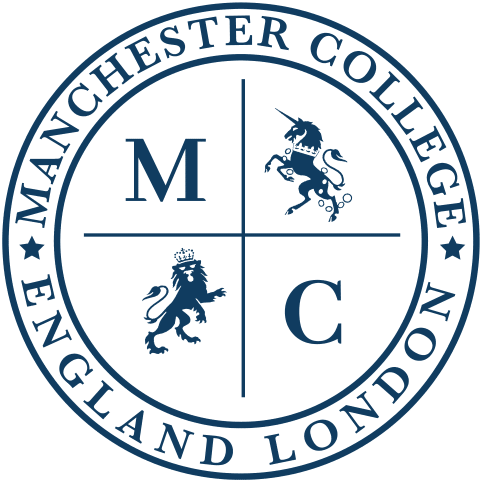Department of Graphic Design
Department of Graphic Design

How can we help you?
Contact us by email on info@manchestercollege.com or send a commercial inquiry online.
who should attend?
This program for professional design and graphics is aimed at all without exception, and is suitable for people seeking to enter the labor market and enter the fields of design and get a job in this field and professionalism in it, as it is directed to students of the faculties of applied arts, fine arts and engineering.
objective
This integrated program is one of the strongest specialized programs in design and graphics as it provides an opportunity for participants to study various disciplines in this field and ensure the latest training in professional design. And create the skill to create pioneering designs that enable you to work in advertising agencies, service companies, sculptors, television, and studios. Practice processing digital images, and how they use them to support designs.
content
Content: We’ll start from the first axis:
1- Basic concepts and principles of any designer: We will study in this axis the basis on which the designer depends whether he designs a simple design or the most complex designs: – space – balance – alignment – contrast – convergence – repetition and will be explained in detail.
2- Color theory and application: Color theory explains in detail how the sound interaction and mixing of colors with each other to communicate specific meanings, and is classified into 3 basic classifications:
-Wheel of Time
-Color harmony
-Context
3- Graphic Design: After learning about the most important principles and basics of graphic design, we must learn about the areas and specialties of Graphic design, which will be explained in detail:
-Image manipulation
-Logo design
-Brand design
-Advertising
-Packaging
-Printing
The second axis: Training will be on some professional graphic design programs:
1- Photoshop: a program for processing images, and the work of all advertising designs. Training will be done to handle the program professionally
-Introduction to the program
-Dealing with the specificity of the equipment
-Drawing on the program
-Controlling, modifying and beautifying images
-Practice the creation of a layer mask
-Export files and print
2- Illustrator program: is the strongest program to prepare designs of the type of directed graphics. It includes many features that have developed logo design, illustrations, and contributed to the work of Motion Graphics.
-Introduction to the program
-Program shortcuts
-Selection tools and shape tools
-3D writing
-Drawing and editing drawing
-Mixing listitor and Photoshop
-Use layers
-Files that are issued for printing
3- In Design is an office publishing program, also used to publish books, magazines, publications, posters, etc.
-Introduction to the program
-Create a file
-Dealing with the time
-Dealing with writing tools
-Use style – Effects
-Create a table of contents
-Export files and print
Looking for higher education, at the postgraduate level (Master’s, Professional Doctorate) ?
